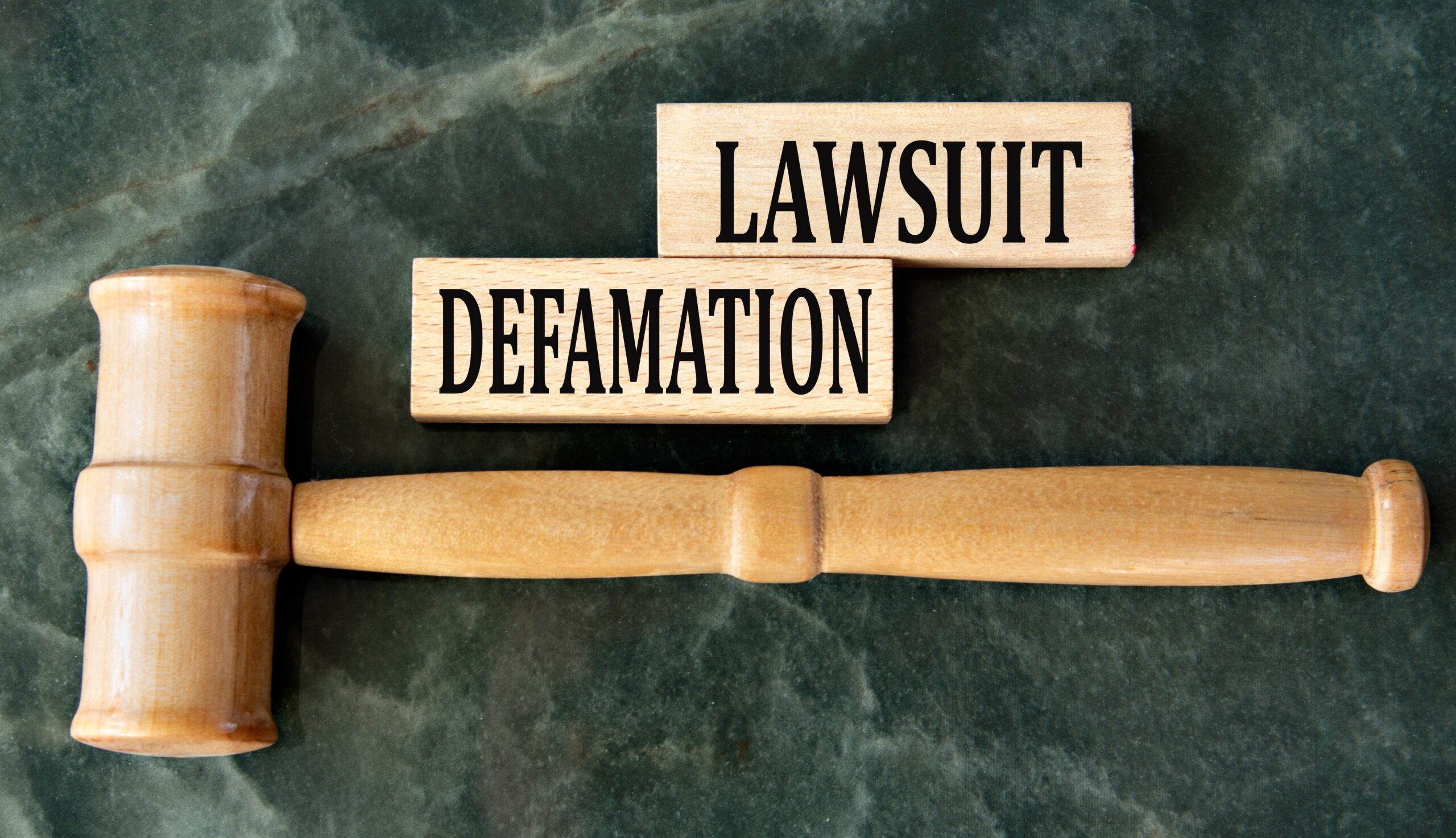The business judgment rule is a common-law principle that generally prohibits courts from questioning the propriety of actions taken by corporate directors and officers, provided those actions are taken in good faith, with honest judgment, and in the lawful and legitimate furtherance of corporate purposes. This doctrine is based on a recognition that courts are









